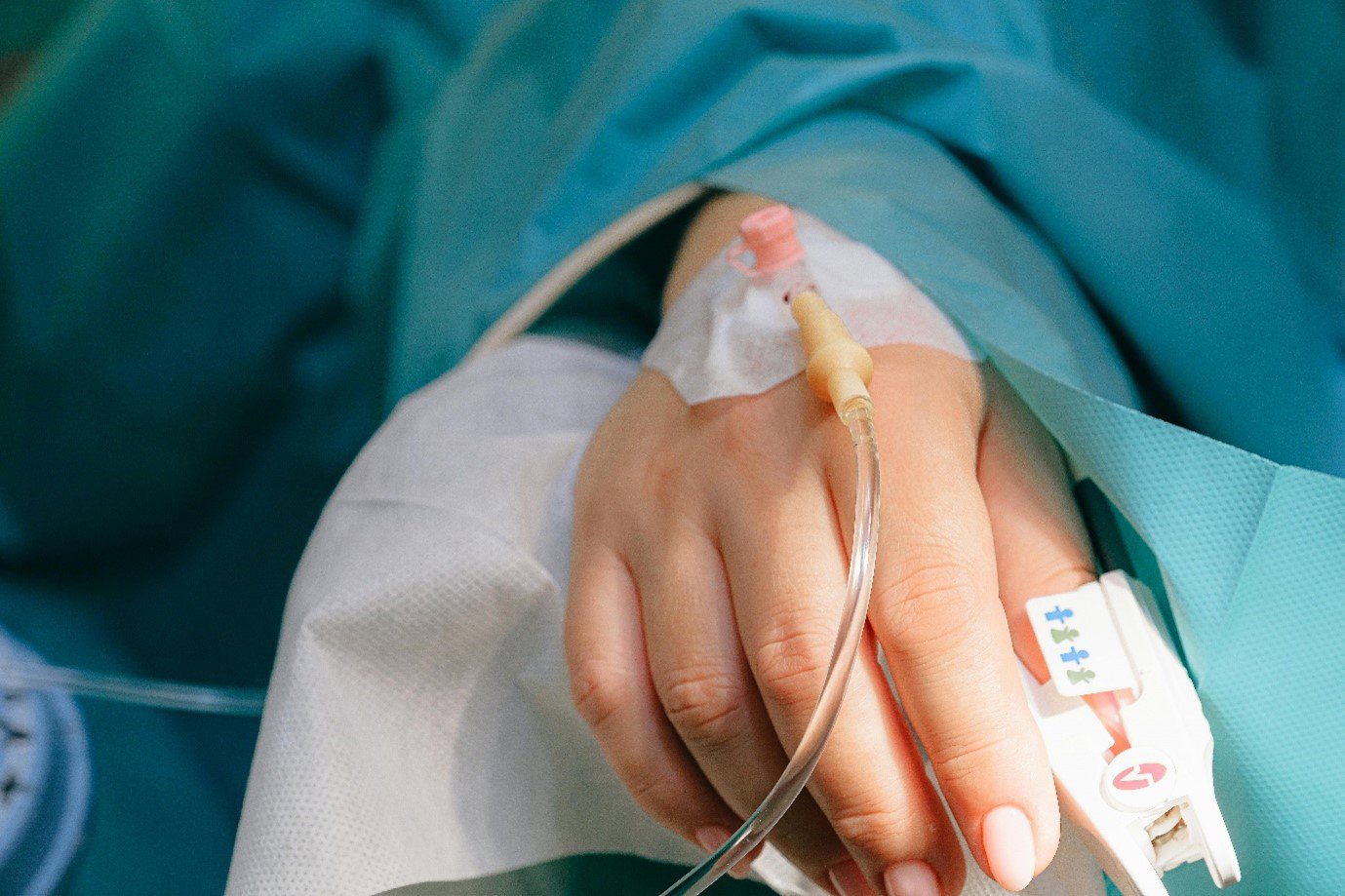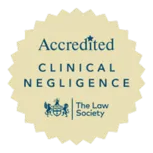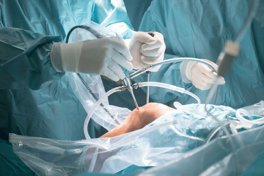Early Signs of Sepsis
The early signs of sepsis aren’t always clear, so can easily be missed or misinterpreted by doctors. However, they can include:
- A high temperature
- Fever
- Fast breathing and heartbeat
- Nausea
- Muscle pain
- Weakness
- Not passing water in a single day
- Dizziness
- Confusion and disorientation
- Pressure sores or skin discolouration around the infected area
- Pain or discomfort around the location of a trauma
Many of these symptoms could be caused by completely different conditions, such as flu, so you or your doctor may not always make the connection with sepsis straight away. But the consequences of a missed or delayed sepsis diagnosis can be severe, so you would only be able to claim compensation if mistakes have been made.
How Common Sepsis is in the UK
Any infection that you get has the potential to develop into sepsis, if it’s left without treatment. Across the world, every 3 seconds someone dies of sepsis. In the UK, 245,000 people are affected by sepsis each year and 48,000 people pass away due to sepsis-related illnesses.
There are also some groups of people who are more likely to develop sepsis. This includes very young and older people, anyone with an existing medical condition that weakens their immune system, a patient who has a serious illness, or patients who have had surgery or have injuries. Aside from age, the general common link here is medical conditions and injuries or wounds. It goes without saying that if you have a wound, you are likely to develop an infection, which in turn can potentially lead to sepsis if it goes untreated or undetected.
But with the right awareness and support, it doesn’t have to always be this way. World Sepsis Day is important because it educates everyone on the symptoms of sepsis, to reduce the number of deaths and people affected by it.

How Sepsis is Treated
Sepsis needs to be treated quickly. The treatment for sepsis is antibiotics to keep the infection under control and to prevent the symptoms from getting worse. Depending on the severity of the symptoms, the patient may be placed in an intensive care unit or on a ventilator to assist breathing.
If a patient develops severe sepsis, then the following should be done:
- Removal of the infection – If the sepsis has been triggered by an underlying infection, this should be removed as quickly as possible. This may potentially require surgery.
- Antibiotics – In severe cases, antibiotics should be started as quickly as possible and using the right IV to deliver the exact amount of concentration that is required is crucial. Antibiotics should be delivered within an hour in severe cases, which will increase the survival rate to 80%. If there is a delay, the survival rate drops by 8% every hour.
- Therapy – Patients who have had sepsis are likely to suffer from organ failure. As a result, they will need intensive care unit support which are equipped to deal with their condition, such as breathing difficulties and blood circulation problems.
Sepsis Complications
Most people, as long as it’s caught early enough, will make a full recovery from sepsis. But if there are significant delays in a diagnosis or treatment, the condition will worsen. If this happens, the consequences can be severe and fatal. When it comes to sepsis, prompt treatment is key because in many cases, sepsis will worsen within just a matter of hours.
If treatment is not given as quickly as it should be, it can lead to the body going into septic shock which can cause organ failure.
If you make a full recovery, you can expect to feel tired and weak for some time after. You may also experience a lack of appetite, but it’s important to keep drinking fluids and eating little and as often as you can until you build your energy back up.
How You Can Help
In the last few years, the number of people identified and diagnosed with sepsis in NHS hospitals has decreased , partly because of increased efforts to raise awareness of the condition among healthcare professionals.
However, there is always more to be done, as sepsis remains one of the biggest causes of preventable deaths across the globe.
For more information on World Sepsis Day and how to get involved, click here.
Claim Compensation Through Simpson Millar
If you believe that you or a loved one has experienced a delayed diagnosis of sepsis, you can get in touch with our Medical Negligence Solicitors for a free claims assessment, so we can look at your situation. We’ll explore whether you could have been diagnosed sooner, whether the proper tests were carried out at the right time, and if you received treatment quickly enough.
If it’s clear that mistakes were made with your care, we can take on your case, and help you claim sepsis compensation. This would reflect the pain and suffering you’ve gone through, and the cost of any rehabilitation and further treatment you need.
We can also claim for other expenses you’ve incurred since you were diagnosed with sepsis, such as loss of past and future earnings, medical fees, and prescription charges.












